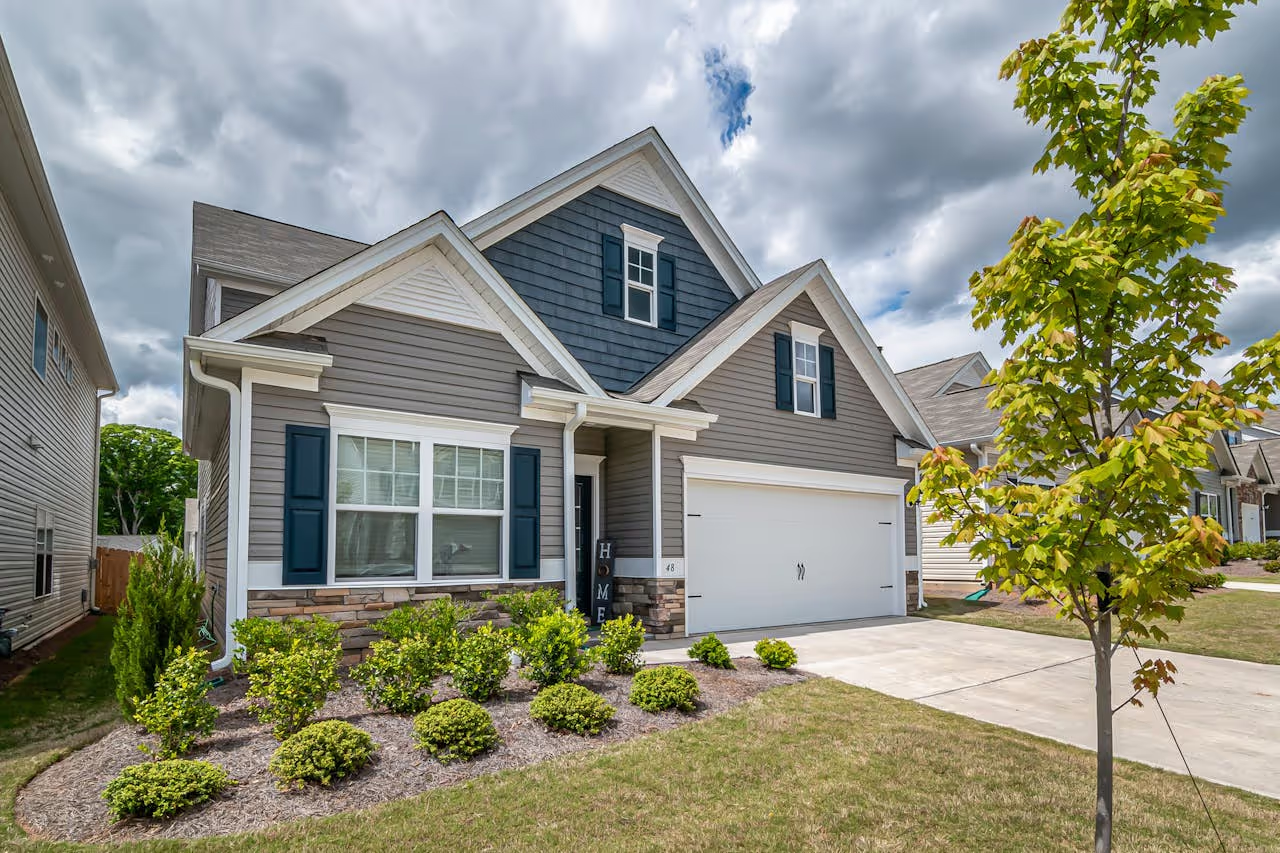Why Your Garage Door Won’t Close All the Way
A garage door that won’t close completely can be frustrating—and potentially unsafe. Whether it leaves a small gap or reverses before fully closing, the issue could stem from a range of causes. Understanding what’s going wrong can help you troubleshoot the problem or know when it’s time to call in a professional. Here’s a breakdown of the most common reasons your garage door might not be closing all the way.
Misaligned or Blocked Safety Sensors
Most modern garage doors have photo-eye sensors near the bottom of the tracks on each side of the door. These sensors are designed to detect objects in the door’s path and prevent it from closing on them. If the sensors are dirty, misaligned, or blocked by something as small as a leaf or cobweb, the door may stop mid-close or reverse immediately.
Make sure both sensors are clean and pointing directly at each other. If one or both of the sensor lights are blinking, that’s often a sign they’re out of alignment or blocked. Adjusting them so the lights remain solid could fix the problem.
Problems with the Limit Settings
Your garage door opener has limit settings that tell it how far to travel when opening and closing. If the settings are off, the opener may think the door has reached the ground before it actually has, causing it to stop early or reverse. This is especially common after a new installation or if adjustments were made to the opener.
Limit settings can usually be adjusted using dials or screws on the opener unit. Refer to the manufacturer’s manual for instructions. If you’re unsure or uncomfortable adjusting the settings, a garage door technician can make the correct adjustments quickly and safely.
Obstructions on the Track or Floor
Even small debris like gravel, dirt, or ice can prevent your garage door from sealing shut. Check the tracks and the garage floor for any physical obstructions or uneven surfaces that might be in the way.
If your garage floor has settled or shifted, it could create a small hump or dip that interrupts the door’s path. In that case, sealing gaps with a rubber threshold or replacing the bottom seal of the garage door may help.
Broken or Damaged Door Components
A broken spring, frayed cable, or bent track can all affect how smoothly your garage door moves. If any of these components are damaged, the door may hesitate, stop short, or reverse when closing. These issues can worsen over time and should be addressed by a professional.
You might also notice grinding or squeaking sounds that indicate excessive friction. If your door appears crooked or sags to one side, stop using it and schedule a repair immediately to avoid further damage or a safety hazard.
Remote or Opener Malfunctions
Sometimes the problem lies with the garage door opener itself. Low batteries in your remote, electrical interference, or a malfunctioning circuit board in the opener can all cause inconsistent door behavior.
Try using the wall-mounted control panel instead of your remote to see if the problem persists. If the door works properly with the wall switch but not the remote, you may just need new batteries or a reprogramming of the remote. If the issue continues across all control methods, the opener may require repair or replacement.
Time to Call a Professional?
If you’ve tried the basic troubleshooting steps and your garage door still won’t close all the way, it’s best to call in an expert. A professional technician can inspect the entire system, identify hidden issues, and make the necessary repairs to restore safe and reliable operation.
For homeowners in Lincoln, NE, we offer fast and reliable garage door repair services, including sensor alignment, track repair, opener replacement, and more. Don’t let a small issue become a major inconvenience—reach out today for trusted help.




.avif)


